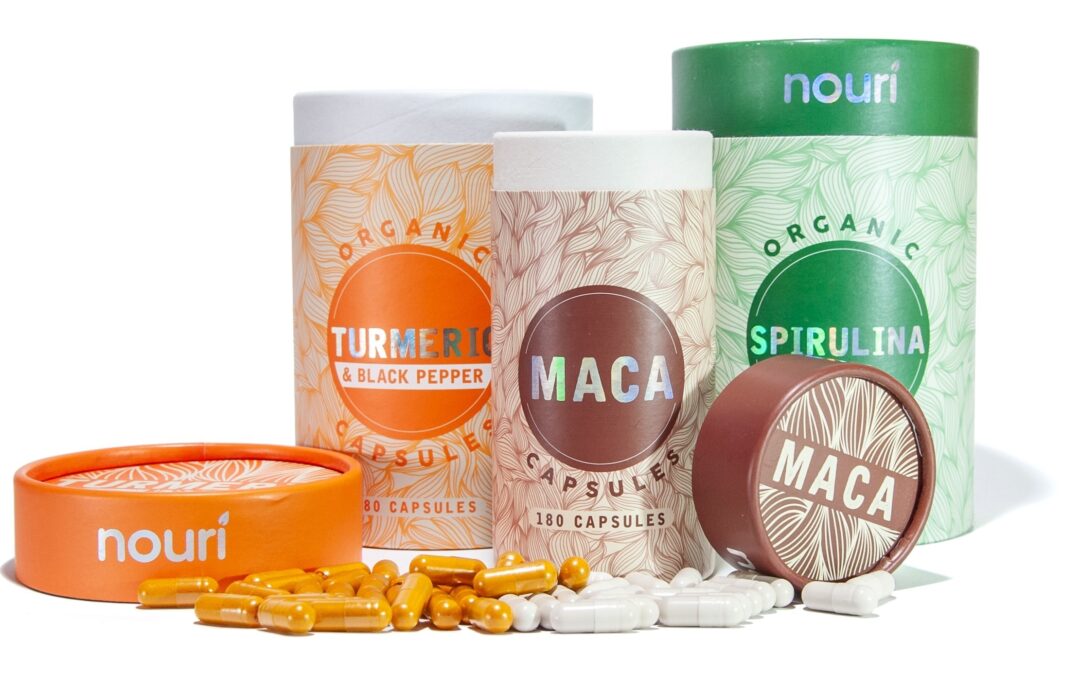With its lively hue and natural flavor, beetroot juice has captured attention for its exceptional nutrient profile. It’s packed with nitrates and antioxidants and is also a good source of vitamin C, potassium, magnesium, and folate.
Being an incredible dietary source of many health beneficial agents, beet juice is considered a superfood and is often purported as a great addition to your daily diet. Not everyone agrees with it. A few health advocates argue that frequent ingestion of beetroot juice can cause negative effects on the body and advise against it.
Who’s right? Who’s wrong? Should you drink beetroot juice or not? What’s the verdict? We review the benefits, side effects, and avoiding over consumption of beet juice.
Benefits Of Beetroot Juice:
It Has A Great Nutritional Profile
The juice derived from beetroots is abundant in vitamins and minerals, while being low in calories and fat content. It’s also chock-full of antioxidants that are prized for their free-radicals-fighting properties and their ability to help reduce oxidative stress.
Helps Reduce Inflammation
The development of heart disease can be associated with inflammation. With its potent betalains, phytochemicals, and antioxidants, beetroot juice is a valuable option for preventing or managing inflammatory diseases.
Protects The Liver
The abundance of antioxidants, iron, and vitamins A and B-6 in beets lends it significant liver-protecting capabilities. By reducing oxidative stress, inflammation, and improving function, these compounds provide important liver protection and support.
Lowers Blood Pressure
By dilating blood vessels, beetroot juice’s nitrates can help improve blood flow and ultimately reduce blood pressure.
The Potential Side Effects Of Beetroot Juice
Regular intake of beet juice is reported to have a few negative effects.
May Lead To Low Blood Pressure
Drinking beet juice regularly may lead to improvements in blood pressure levels. While this is great news for people who struggle with hypertension, it may cause others’ blood pressure to drop too low. This can particularly be concerning for people whose blood pressure generally remains on the lower side.
Can Increase The Risk Of Kidney Stones
The high levels of oxalates in beets can make drinking beetroot juice daily a potential risk factor for kidney stone formation.
May Lead To Weaker Bones
The decreased calcium levels in the body caused by beetroot juice consumption can lead to weakened bones. You may also develop some other health problems due to calcium deficiency.
Can Cause Upset Stomach
Gas, bloating, and irregular bowel movements are possible digestive side effects of consuming beet juice. Health experts associate these effects with high levels of nitrates in beets.
Determining Whether You Should Drink Beet Juice
You should drink in moderation as beetroot juice offers undeniable health benefits. However, excessive consumption can adversely affect your health, so it’s important to take it in moderation.
A safe and recommended daily intake of beetroot juice has yet to be established, however, one small glass per day is generally deemed safe and tolerable. This proactive approach is critical for minimizing any adverse effects and ensuring that the juice is suitable for your body. The experts can also help you determine its right dosage and frequency.






